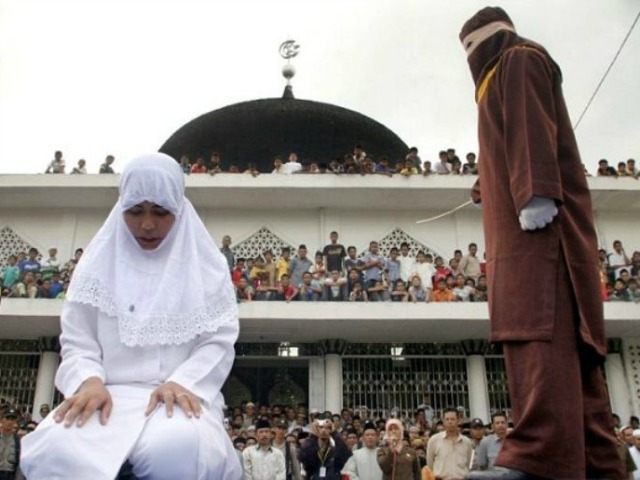Halal certification fees paid by Australian food manufacturers could be channelled overseas to help pay for mosques and other Islamic developments to be built in Indonesia. An investigation by the state-owned Australian Broadcasting Corporation (ABC) has found discrepancies into how the fees are dispersed after their collection.
Anti-halal certification campaigners are furious that the money for certification is being used to fund overseas religious schools and mosques without consumer knowledge or approval, reports ABC current affairs program Four Corners.
‘Halal’ which means ‘permissible’ or ‘allowed’ in Arabic acts as green light for Muslim consumers. Some of Australia’s biggest and most famous brands Bega cheese, Cadbury chocolate and Kellogg’s cereal have all made the lucrative decision to pay fees to be granted the label.
The ABC reports halal certifiers in Australia have offered tens of thousands of dollars to Indonesia’s top halal authority — the Majelis Ulama Indonesia (MUI) — in apparent attempts to ensure access to the growing Indonesian market.
Former president of the Australian Federation of Islamic Councils (AFIC) Ikebal Patel told Four Corners that MUI officials had to be kept happy if Australian halal certifiers wanted to be granted the right to certify exports to Indonesia.
The MUI said it did not charge fees for access to the Indonesian market. But in 2011, while Mr Patel was AFIC president, he wrote to the MUI offering A$10,000 along with a 70:30 split of the profits, in exchange for halal certification rights.
“We made it very clear that this money was to go to MUI, but not to individuals and that is something that I was very, very clear about,” he said. “We wanted to make sure that I, as the president of the federation at the time, wanted nothing to do whatsoever with making a bribe to individuals.”
In 2013, AFIC attempted to give the MUI $20,000 as a donation towards the construction of a new office, but after sending a cheque to MUI the payment was refused.
AFIC spokesman Amjad Mehboob has denied it was an attempt to gain more access to Indonesia’s halal certified market.
Anti-halal campaigners in Australia characterise halal certification as a Muslim-enforced religious tax. They maintain meat processors and food companies pay fees to certify products which are bought and consumed not just by Muslims, but by most Australians.
Critics also question whether halal slaughter is humane. Breitbart London revealed similar concerns in England last month when a North Yorkshire operation called Bowood Yorkshire Lamb was the subject of public outrage after footage revealed animals being kicked in the face, smashed into solid objects head first and picked up and hurled by their legs, fleeces, throats and ears.
The company has since gone into liquidation.
In Australia, the equal concern besides the method of slaughter is the amount siphoned off in the name of religion. No matter how small it is, it’s too much for anti-halal certification campaigners like Kirralie Smith who runs the website Halal Choices.
“It’s a religious fee. The money at the end of the day, whether 1 cent from my pocket, but collectively it’s $1,000, $2,000, $10,000, $27,000,” she said.
“Whatever the final figure is, is going to fund things that I’m not I’m not happy … to be funded, without my knowledge and consent.”

COMMENTS
Please let us know if you're having issues with commenting.